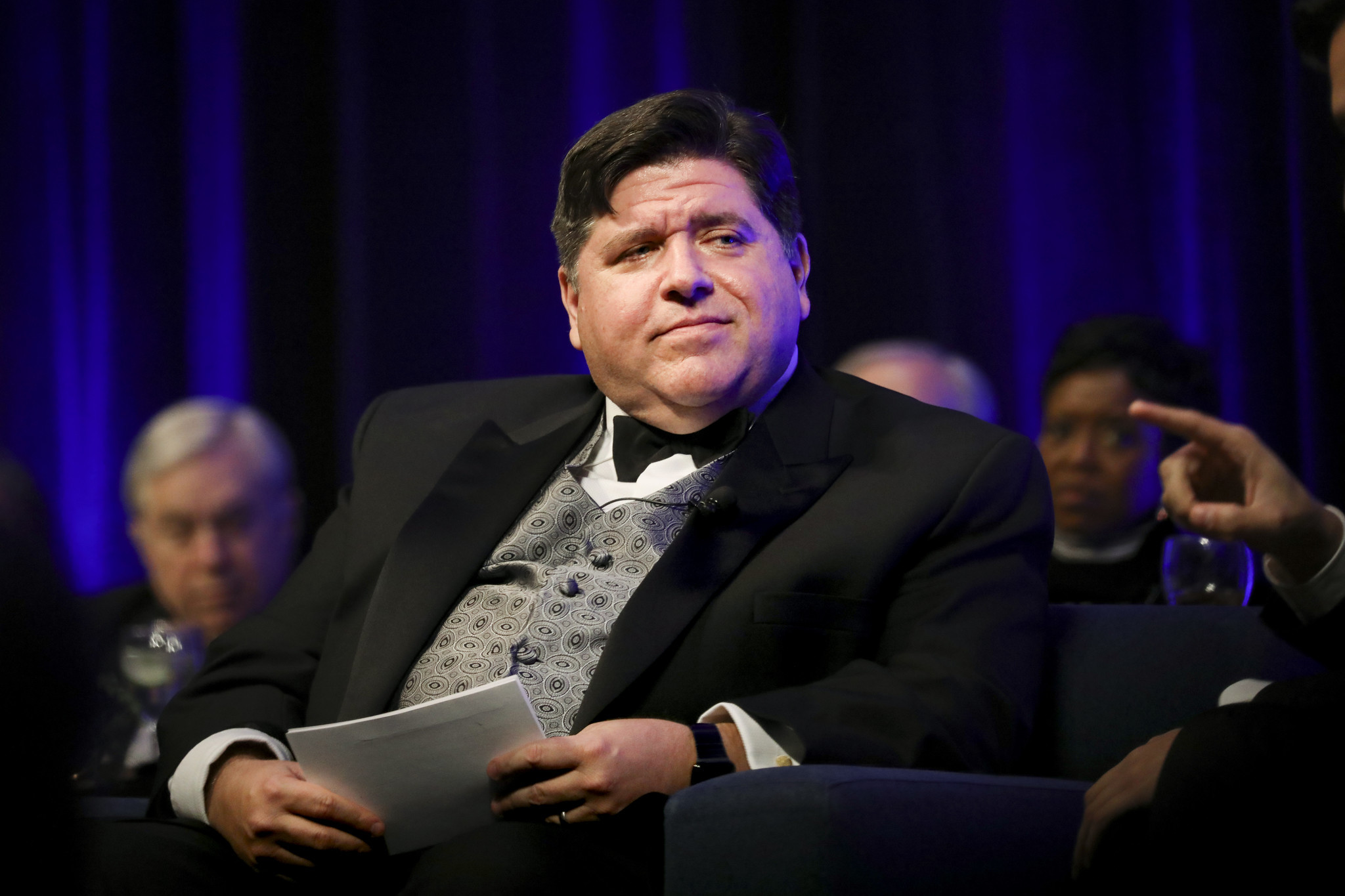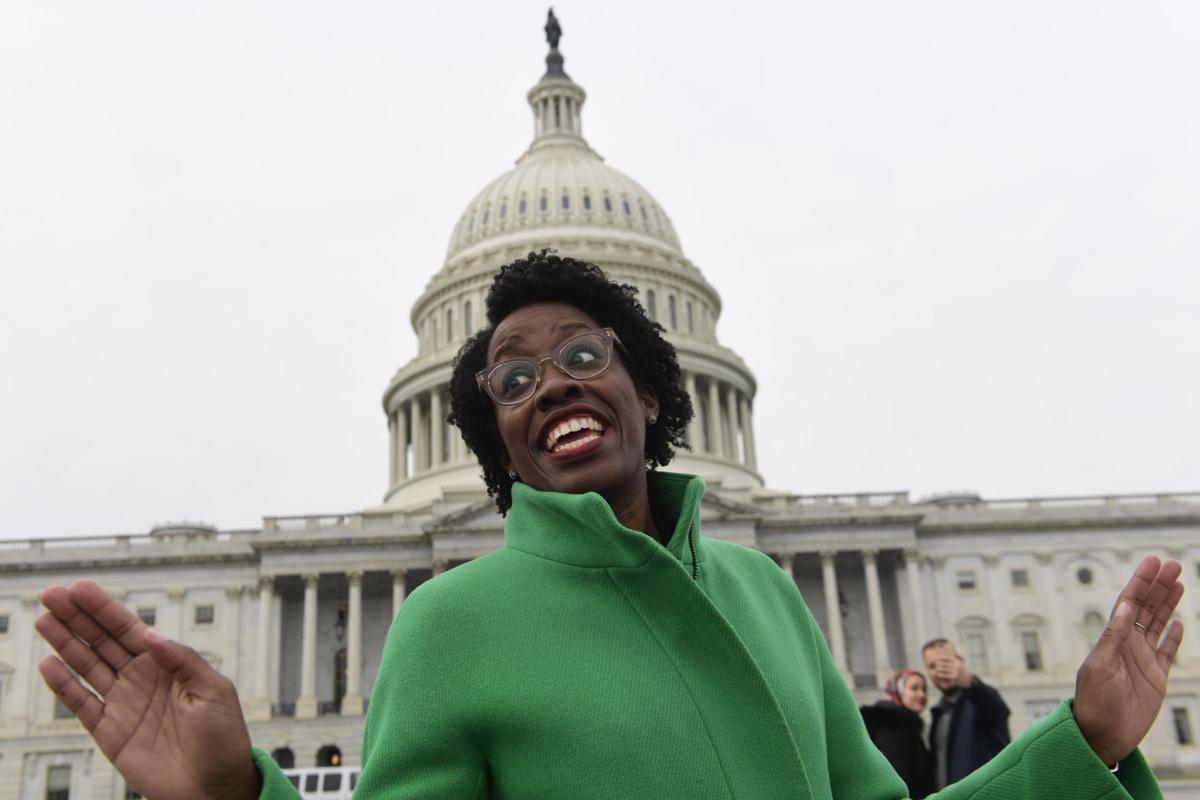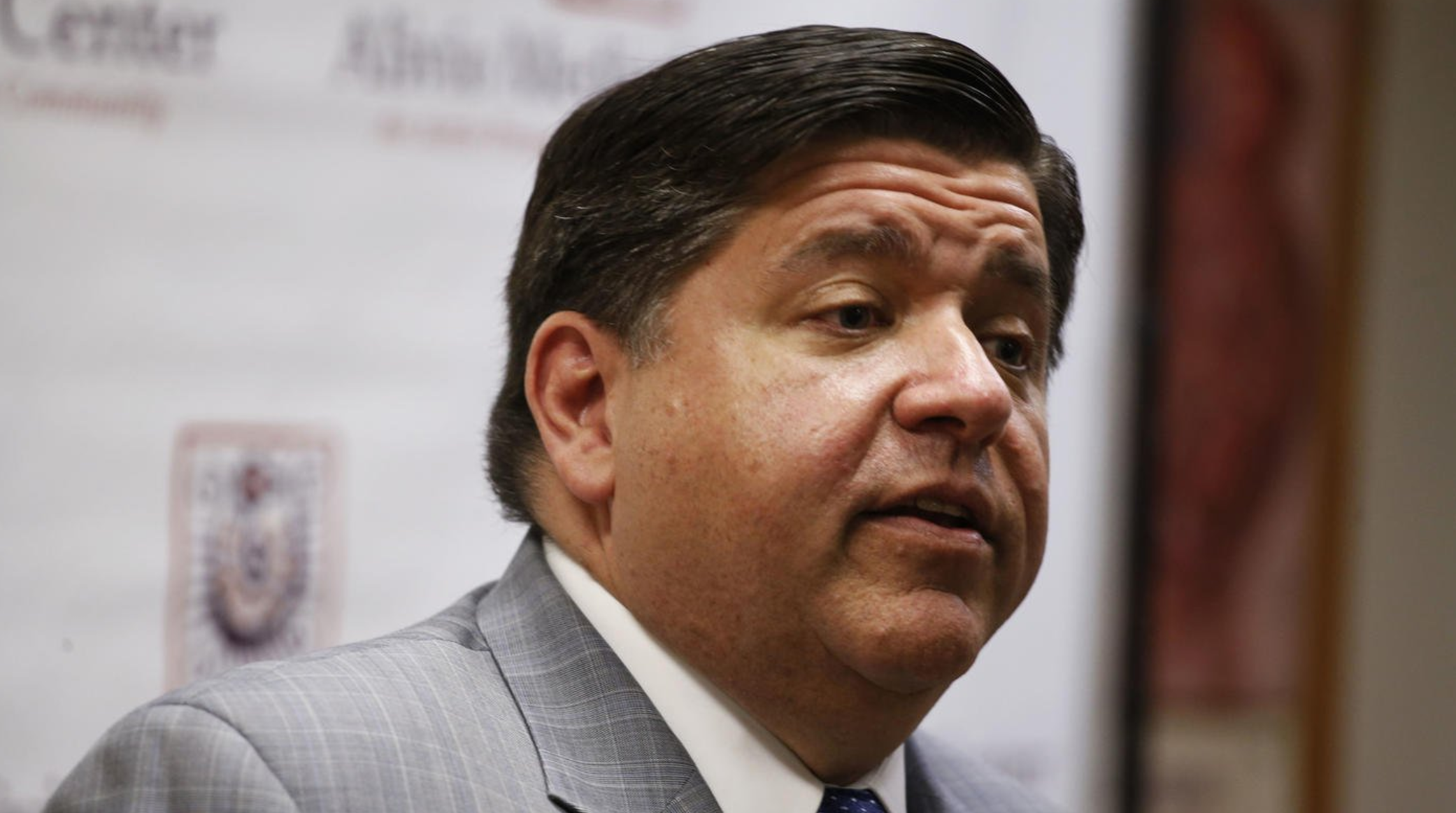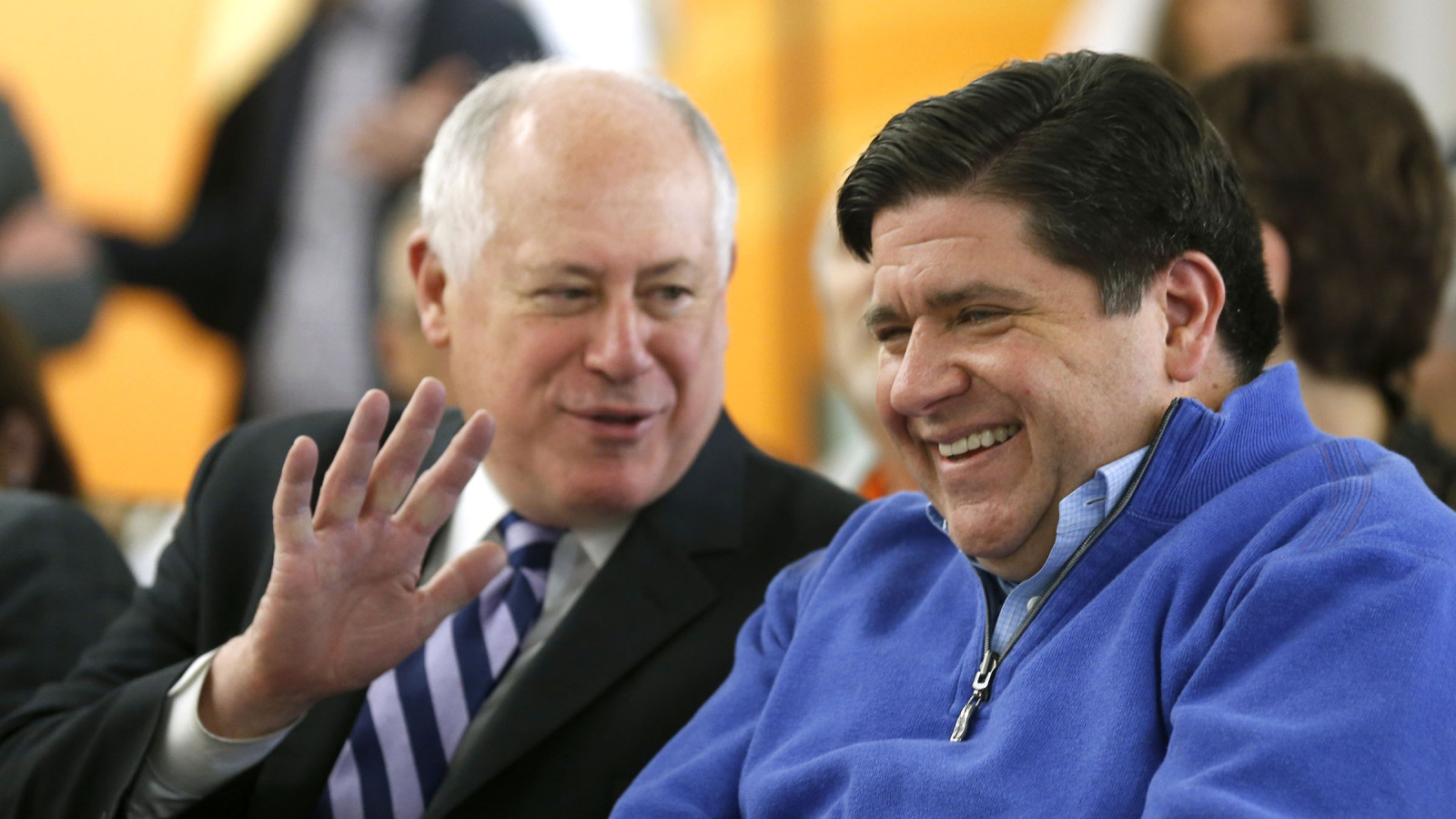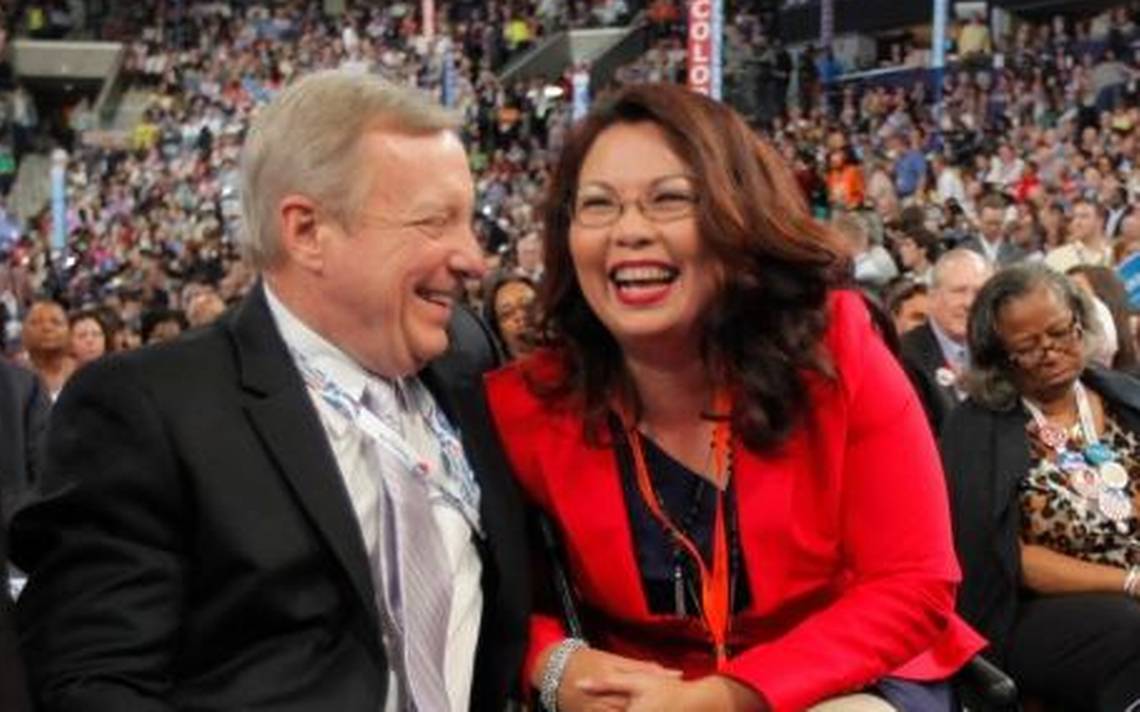Pritzker’s one-time revenue measures, delayed pension payments, new pension borrowing, spending increases, and more threaten Illinois’ already-fragile fiscal condition
“Governor Pritzker’s unbalanced budget proposal is setting our state on a road to fiscal ruin. According to the Big Three credit rating agencies and financial analysts, Pritzker’s pension holidays and one-time revenue gimmicks will threaten Illinois’ already-fragile fiscal condition. To move our state forward, we must change our fiscal course, but unfortunately, Pritzker’s proposals maintain the status quo in Springfield.” – Illinois Republican Party Spokesman Aaron DeGroot
Last week, Pritzker gave his first budget address, outlining his Fiscal Year 2020 budget proposal which included:
- Tax increases, including spending of revenue not yet realized
- Spending increases, expansion of programs
- Reduction in pension payments, a flip-flop from Pritzker’s campaign pledge
- Issuing new pension debt and other general obligation bonds
- No job-creating, economic reforms
Credit rating agencies did not respond positively to Pritzker’s budget. One financial publication said Pritzker’s one-time revenue measures leaves Pritzker’s budget “structurally out of balance,” contrary to Pritzker’s assertion that he’s resolving the state’s structural budget deficit.
Here’s what financial industry watchdogs and analysts had to say about Pritzker’s proposal:
The Bond Buyer: Why Illinois budget proposal raises new rating concerns
Illinois Gov. J.B. Pritzker’s pension and budget proposals raised red flags among watchdogs, investors, and analysts, along with questions about the threat it may pose to the state’s investment-grade ratings.
…The [Municipal Market Analytics] report warns that the risks associated with the uncertainties over the valuation of asset transfers and the arbitrage gamble on POBs are ideas that “can become gimmicks that pose credit negatives potent enough — scaled to management’s desperation to shape its spreadsheets — to smother the plan’s benefits to the state’s credit profile.”
The budget also relies on a series of one-shot revenue measures, leaving it structurally out of balance.
…Moody’s Investors Service would view the move to lower near-term pension contributions and extend the amortization period as a negative but is withholding judgment to see how the legislative session plays out and what is the broader context of the package that’s approved, Moody’s lead Illinois analyst Ted Hampton said.
Fitch Ratings: Illinois Governor’s Budget Plan Would Make Insufficient Progress
The fiscal 2020 executive budget plan recently introduced by Illinois’ governor would not materially address the state’s structural budget issues in the current fiscal year or the next, says Fitch Ratings.
…Fitch has indicated that we would lower the state’s IDR if Illinois returned to a pattern of deferring payments for near-term budget balancing. Elements of the governor’s proposal, including a $1.5 billion GO bill backlog borrowing that reduces but leaves largely unresolved the 2019 deficit and numerous one-time measures in fiscal 2020, appear to do that without a clear path toward long-term balance.
Reuters: Proposed Illinois budget falls short on filling structural gap, credit rating agency warns
Pritzker’s nearly $39 billion general funds budget for the fiscal year that begins on July 1 depends on $1.1 billion in estimated new revenue, including money from yet-to-be legalized sports betting and recreational marijuana. It also frees up cash by reducing contributions to the state’s five retirement systems.
“Illinois faces significant fiscal problems that will likely take multiple years to fully address, but the executive budget does not provide enough clarity on how the state will deal with them,” Fitch said in a statement.
Capitol News Illinois: Pritzker’s budget and pension plans could irritate bond markets
But in order to accomplish that, the state would need to borrow money, a lot of money. And there are significant questions about how the financial markets would respond to that.
All three major credit rating agencies — Moody’s, S&P and Fitch Ratings — currently rate state of Illinois bonds at one notch above “junk” status. And there are elements in Pritzker’s plan that some analysts say could cause those agencies to consider making that downgrade, a change that would have dire financial consequences for the state.
Chicago Tribune: Wall Street credit agency warns Illinois could face credit downgrade under Gov. Pritzker’s budget plan
A Wall Street credit rating agency is warning that Illinois could face another debt downgrade if lawmakers adopt Gov. J.B. Pritzker’s budget plan.
Fitch Ratings said in a news release Tuesday that the plan Pritzker presented last week “would not materially address the state’s structural budget issues in the current fiscal year or the next.” The warning comes four days after S&P Global Ratings panned the new Democratic governor’s spending plan for the budget year that begins July 1, calling it “precariously” balanced.
Like S&P, Fitch took issue with Pritzker’s plan to stretch out pension payments to lower short-term costs while extending the state’s funding deadline by seven years.
Chicago Tribune: With ‘precariously’ balanced budget plan, Pritzker ‘punts’ on difficult decisions, ratings agency says
“This revenue stream is far from certain, and there is no detail yet on rates, brackets, or the amount of revenue it is supposed to generate,” S&P said. “Despite the potential for a more collaborative budget process with single-party control of state government, Illinois has yet to prove its ability to make politically difficult decisions in favor of structural balance and sustainability. If it adopts the budget in its current form, it remains at risk of repeating a pattern of putting off hard choices while eroding pension funding.”
###


